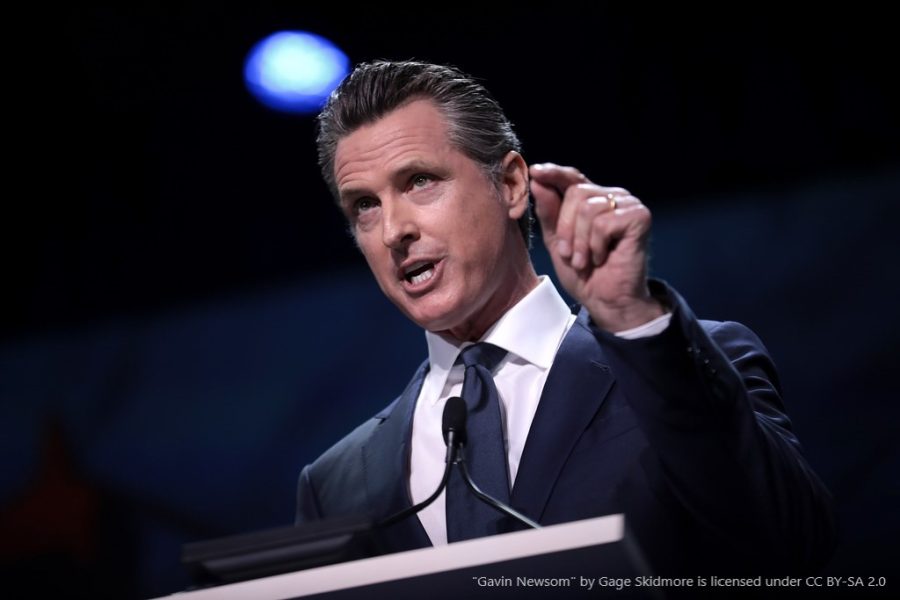On Monday, the Assembly Budget Committee will consider a package of COVID-19-related budget legislation proposed by Gov. Newsom including a recently-announced deal between Newsom and the Legislature’s Democratic leaders “to ensure employees continue to have access to COVID-19 supplemental paid sick leave through September 30, 2022.” The Senate is expected to vote on the plan the same day.
The legislation (SB 114 and AB 84) reestablishes a program that expired in September to provide paid sick leave for workers who are unable to work or telework if they are experiencing COVID-19 symptoms or a reaction to a vaccine or booster, or are caring for a family member who is battling COVID-19.
Employers with more than 25 employees would be affected, and eligible employees could receive up to 2 weeks of supplemental sick leave, according to the Senate Budget Committee analysis of the bills. The new law, if enacted, would expire on September 30.
California Chamber of Commerce President and CEO Jennifer Barrera said of the proposal that, “the Governor’s office considerably improved their original proposal to make reinstatement of the leave far more affordable and manageable.”
But the program will not be without additional costs to affected employers. According to Calmatters, under the prior program, businesses “were reimbursed for the supplemental paid leave with a federal tax credit, which is no longer available.” However, businesses will benefit with the restoration of tax credits for research and development and net operating losses, in addition to other additional tax relief.
Commenting on past efforts to expand paid sick leave in California in the wake of the pandemic, PRI senior fellow in business and economics Dr. Wayne Winegarden argued that, “increasing costs on businesses is exactly the wrong policy response.”
“California’s government,” he said, “should be finding ways to reduce the regulatory burdens on firms to encourage greater economic activity and faster job growth.”
Winegarden has documented in the latest paper in the Breaking Down Barriers to Opportunity series that many government regulations adopted in response to the COVID-19 pandemic have worsened the government-created obstacles to prosperity that entrepreneurs faced before the pandemic.
While this latest proposal is a compromise, expanding paid leave will have an impact on employers and employees alike.
A National Bureau of Economic Research report on the impact of state sick pay mandates on employers found that employer sick leave costs rose by 21 cents per hour for workers upon receiving new mandated sick leave benefits. Newly-covered employees take off almost two additional sick days per year, the report found.
Heritage Foundation research fellow Rachel Greszler notes that, “even if it’s temporary, (mandating paid sick leave) could further damage businesses harmed by the virus, and hurt the very workers it’s meant to help.”
Using the analogy of a laundromat with 5 workers with two out sick for 15 days due to COVID-19, Greszler argues that “paying the sick workers, paying overtime to other workers and hiring a temporary worker could mean that the business can’t make payroll or pay its bills . . . (and) the incentive would be to lay off the sick workers.”
Sacramento would be wise to remember this analogy when the calls inevitably come later this year to extend this “temporary” paid sick leave expansion even longer.
Tim Anaya is the Pacific Research Institute’s senior director of communications and the Sacramento office.


